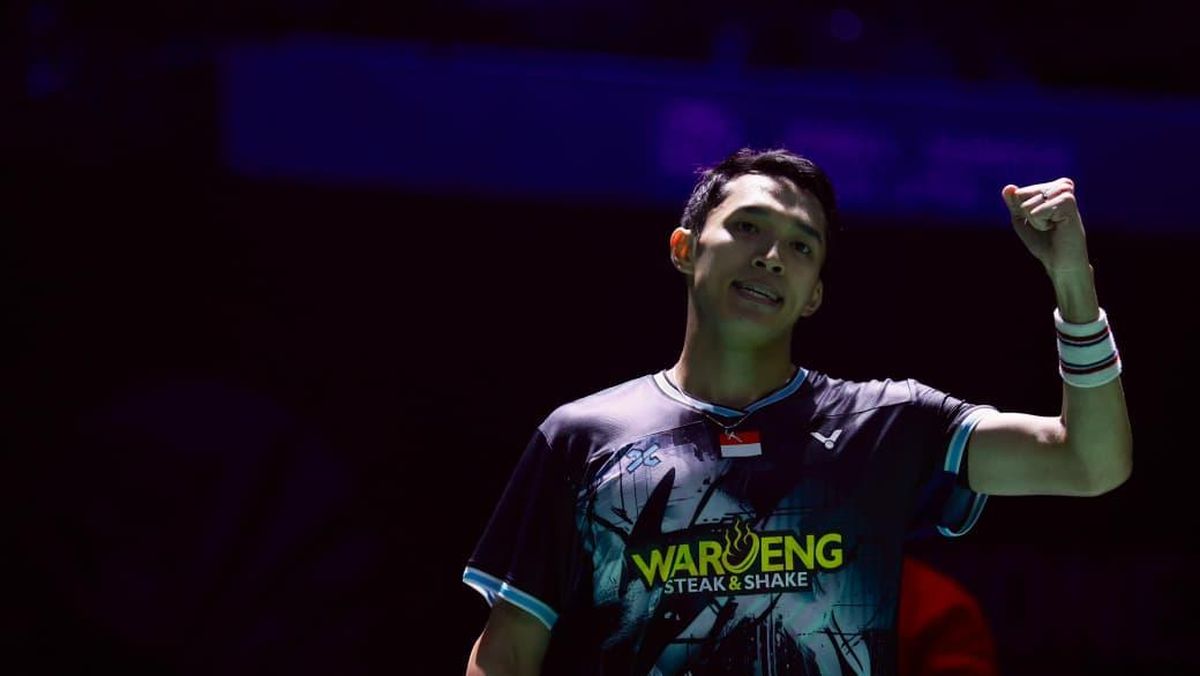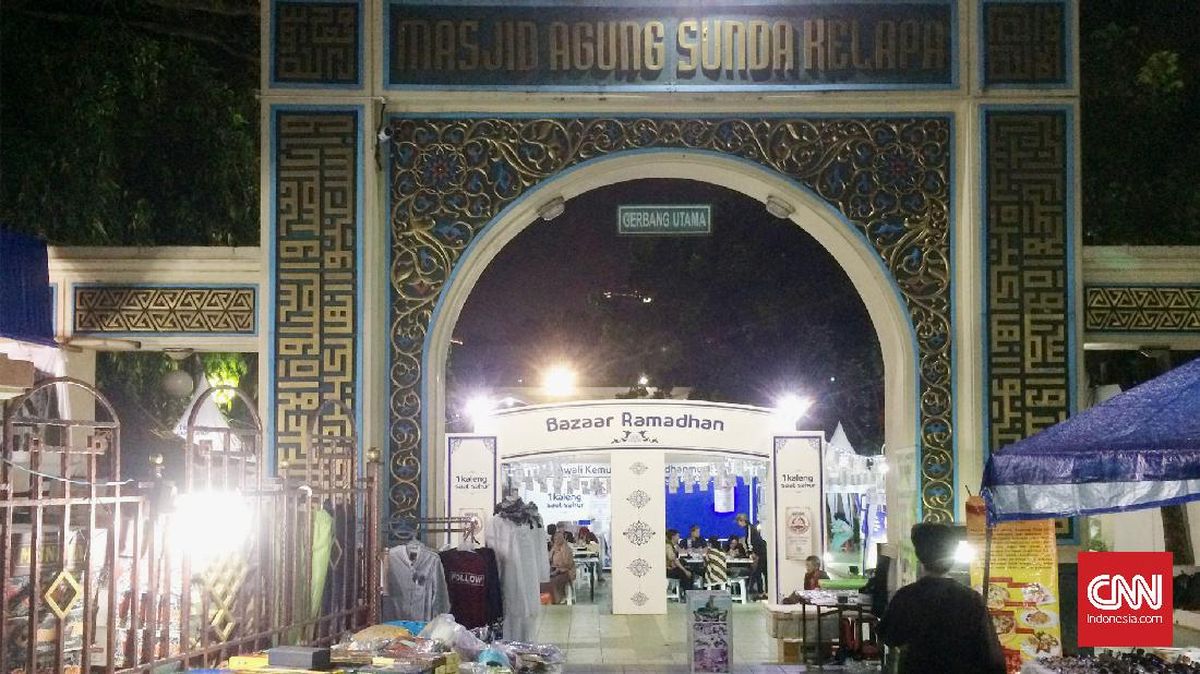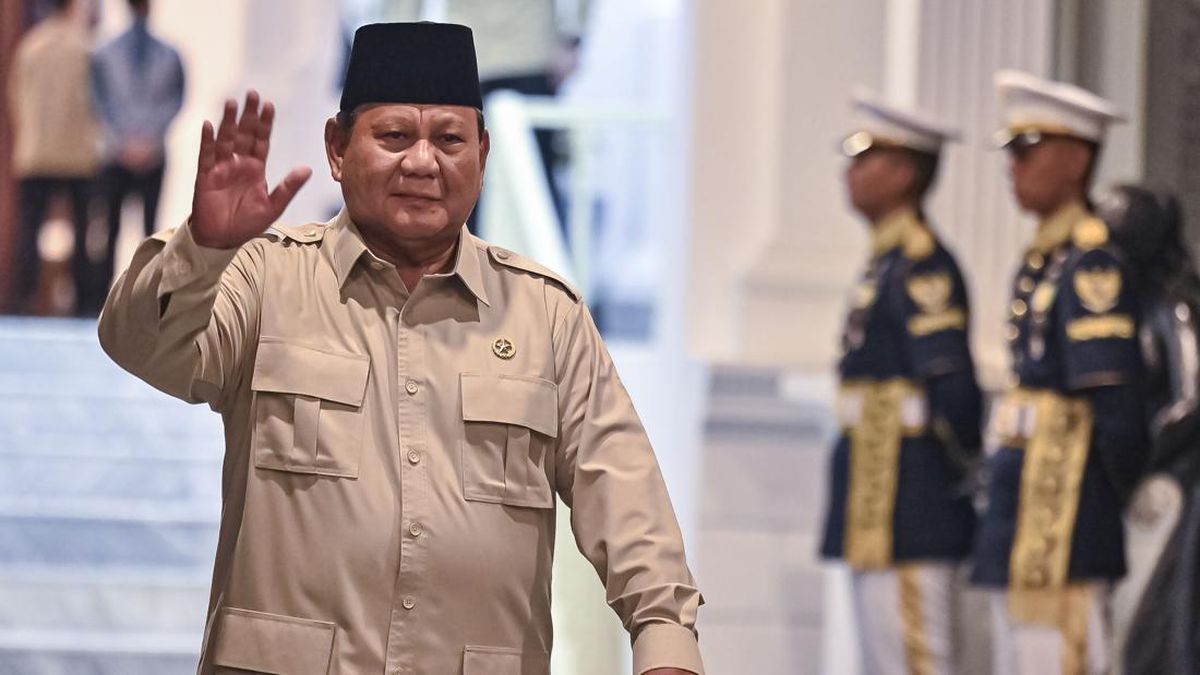Tis week’s reviews range from literary detective fiction and a romance to make the BookTokkers cry, to a controversial treatise on Israel’s future and a sensible guide to how to spend money.
FICTION PICK OF THE WEEK

Credit:
The Loneliness of Sonia and Sunny
Kiran Desai
Hamish Hamilton, $34.99
From the author of Booker Prize-winner The Inheritance of Loss comes a luxuriant and consuming postcolonial fiction with many layers to its labyrinth, some of them running in opposition to luxuriant and consuming postcolonial fiction. Sunny Bhatia and Sonia Shah are neighbours in Allahabad. He’s a journalist with AAP, she’s a fiction writer, and their attempt at making a match whirls into a chaotic miscellany of literary genres, from gothic novel to magical realism, from modern romance to noir crime conspiracy. At heart, The Loneliness of Sonia and Sunny is a literary love story, but it’s also a novel with the lot. The ethics of representation in fiction and in journalism, the dignity of work, the atomisation of post-industrial life, the throng and tumult of contemporary society on the subcontinent. It’s all covered in a book that heaves with contradiction and paradox, wrestled at its finest into lucid and thought-provoking indeterminacy.
Lucky Thing
Tom Baragwanath
Text, $34.99

Credit:
Follow-up to the award-winning Paper Cage, the second in the Lorraine Henry crime novels sees her investigating a crime no one wants to know about in rural Aotearoa New Zealand. Lorraine is a wonderful, left-field idea for a detective. She’s a middle-aged records clerk for the police who sleuths above her station when occasion demands. With an inside view of police constraints and capabilities, she doesn’t hold out much hope that the latest victim, Jessica Mowbrie – a girl kidnapped, beaten and dumped in the bush – will get the justice she deserves. Still, Lorraine’s job gives her access to files containing everything the cops know about the case, and she takes it upon herself to hunt down the perpetrator. Using her knowledge of local gossip to unpick a web of small-town malice – and leaning into the tendency of some people (mostly men) to underestimate or just not see women of a certain age coming – Lorraine might just succeed where those in uniform fail. Baragwanath writes superior literary detective fiction with a faultless command of plotting and structure. Crime lovers shouldn’t overlook this one.
The Killing Stones
Ann Cleeves
Macmillan, $34.99

Credit:
Detective Jimmy Perez has settled in Orkney with his family. He has a thing for wild and remote Scottish islands, having been involved in investigations in the Shetlands. Now, a childhood friend, the larger-than-life Archie Stout, is found dead after a storm lashes the island. The murder weapon? A Neolithic artefact bearing strange inscriptions, lying nearby. With the small community reeling from the violent death, in a place awash with secrets, legends and history, Jimmy must overcome his personal grief and look at the islanders with fresh eyes, hoping to track down a killer before they strike again. Ann Cleeves hardly needs introduction – she’s the acclaimed writer behind such well-known detectives as Vera Stanhope (played by Brenda Blethyn in the long-running TV series Vera) – and she seems to enjoy uncovering rough diamonds in the northern half of the UK as much as readers will. The Killing Stones is a windswept police procedural that digs deeply into mysteries past and present, and it’s peppered with earthy humour to keep Jimmy’s grim task bearable.
Heart the Lover
Lily King
Canongate, $32.99

Credit:
If you liked Lily King’s Writers & Lovers, with its 31-year-old waitress struggling to establish a writing career, you’ll have no hesitation diving into her sixth novel, Heart the Lover – a prequel and a sequel of sorts, with another love triangle, of sorts. It begins as a campus novel, in the 1980s, with the narrator meeting two bright English literature students, Sam and Yash, and joining them for card games and literary banter over summer, as youthful desires and ambitions coalesce. The novel then leapfrogs the sunset of youth and lands at the dawn of middle-age, where the narrator – living the dream – is pulled back to reflect on her salad days and re-evaluate choices made long ago. King is brisk and witty, with a surprisingly hopeful take on both youth looking forward and age looking back. I won’t pretend I’m one of the BookTokkers who’s cried rivers on social media over the book’s last section (as if), though King’s sensitive depiction of relatable characters certainly makes her stand out. It’s a more salient achievement as the material here could so easily have been trite, especially given how many novels about college romance and self-discovery are out there.
Hekate
Nikita Gill
Simon & Schuster, $34.99

Credit:
Nikita Gill has written a verse novel devoted to Hekate, the ancient Greek goddess of magic. The deity might best be known from Shakespeare’s Macbeth, where she admonishes the witches, but Gill reimagines her from her birth during the Titanomachy – the war between Titans and their offspring that established the Olympian pantheon. (They say on Earth that ichor/ the gods’ golden blood/ rained from the sky.) With Zeus and Poseidon determined to find the young Hekate and her mother, Asteria, and make them submit, the goddesses must flee their remote sanctuary and head for the gates of the underworld. There, Hekate is welcomed; Asteria turned away. Under the care of Styx and Hades, a traumatised young Hekate begins to assert herself, but even the gods fear her power. Female-focused reimagining of Greek myth is a cottage industry, and a lot of it fails to do justice to the creative potential in the idea (or the ancient history involved). Gill’s verse novel has the advantage of being compressed into poetic form. Few words are wasted, and it’s evocative and well researched, even if the character of Hekate and her arc feel closer to the heroine of a YA novel than an incarnation of dark divinity.
NON-FICTION PICK OF THE WEEK

Credit:
Israel on the Brink
Ilan Pappe
One World, $34.99
The stark, central premise of this examination of the post-October 7 conflict is that we are witnessing the end of Israel and the Zionist project. But Pappe, an Israeli Jew and noted left-wing historian (who supports the “one democratic state vision” as apart from the two-state solution), doesn’t see the collapse of Israel as a doomsday scenario. Rather, a cause for optimism. It necessitates what he calls the “decolonisation” of Palestine, which he states “is the only hope for Jewish Israelis in the future … to live as equal citizens in a liberated … Palestine”. But that future has to be imagined now, and to this end, he divides his book into eight parts, each one outlining the mental and actual “mini-revolutions” that will need to take place first. The final section is, indeed, imagined – a fictional diary account of travelling through a peaceful, co-inhabited land in the symbolic year of 2048. At the very least, this is a controversial treatise (some might substitute pie-in-the-sky for “optimistic”) that will spark passionate responses across the political spectrum.
Muster Dogs
Melissa Spencer, with Monica O’Brien and Brianna Peacock
ABC Books, $45

Credit:
This strikingly photographed spin-off to the ABC series Muster Dogs gives you a pretty good idea of why it was so hugely popular – from the impressive landscapes to the stories of the graziers. But make no mistake, it’s the dogs who are the stars, and you get the distinct impression from these crisp, vivid shots that they know damn well they are. Take the priceless image of Young Muster Dog Pesto running alongside seasoned kelpie Lola. It’s a muster dog master class, the old dog, by example, teaching the new dog old tricks. But as the commentary explains, the graziers and trainers are crucial in bringing on the next generation of dogs that will not only know how to herd stock but show them respect, key factors often being the bloodline. The authors also emphasise the deep bond that emerges between graziers and their dogs, and the cycle of learning reflected in the knowledge passed on down generations.
White Male Stand-Up
Alan Davies
Monoray, $34.99

Credit:
Alan Davies’ follow-up to his earlier memoir Just Ignore Him – in which he spoke candidly about being sexually abused by his father – is, despite the title, more confessional than comedic. Davies, best known for the TV series Jonathan Creek, discourses on a range of subjects, most of which – such as being diagnosed with a tumour in the bladder – may not seem to be the stuff of humour. But his conversations with his doctor, which run through the book, have a light, ironic touch that accentuates the seriousness. His description of a nasty alcoholic binge in Australia though, is candidly confessional – while also containing a particularly vivid, even poetic, account of the sun rising over Uluru. Likewise, his shame at recalling a shabby review of Peter Cook just before he died. Composed of a series of sketches, he covers, among other things, the complexities of fame, landing the role in Jonathan Creek and the vagaries of stand-up comedy, in an engaging, natural voice.
Beyond the Books
Heather Robinson
Wakefield Press, $34.95

Credit:
In 1944, as the British shelled the town of Sansepolcro in Tuscany, their commander (who’d read Aldous Huxley) suddenly remembered that a priceless fresco by Piero della Francesca was on one of the walls in that town and ordered the shelling to stop. The town was not just liberated but saved, and the fresco achieved a social utility its artist could never have conceived of. Robinson, who specialises in cultural history, cites it as an example of the immeasurable ways art contributes to society. Her focus is on the South Australian State Library, but it’s an embracing investigation into the arts and the idea of cultural value at a time when the arts are spoken of as an “industry” constantly called upon by funding bodies to justify their “value”. Institutions such as the State Library don’t fit in with this, and Robinson tables written responses from the punters stating how important the place is to them in ways that bean-counters couldn’t possibly comprehend.
The Art of Spending Money
Morgan Housel
Harriman House, $36.99

Credit:
A first glance at the title might suggest this is another get-rich-quick manual for beginners. It’s not. Housel, a seasoned finance writer, called it the “art” rather than the “science” of spending because he’s interested in the messiness of human impulses and desires when it comes to money. In this sense, it’s an extended reflection on how to use money wisely, rather than allowing it to use us. And he’s not talking about wise investments but how to use money to create a “happy” life. Too many people have too much money and don’t know what to do with it except use it to make more money that they still don’t know what to do with – except excessive purchases, such as the businessman who bought a 21K armchair, laughing it off and saying this is what people expect of him. Drawing on sources such as Jung’s guide to a happy life, this is an invitation to step back from the treadmill.
The Booklist is a weekly newsletter for book lovers from Jason Steger. Get it delivered every Friday.


















































